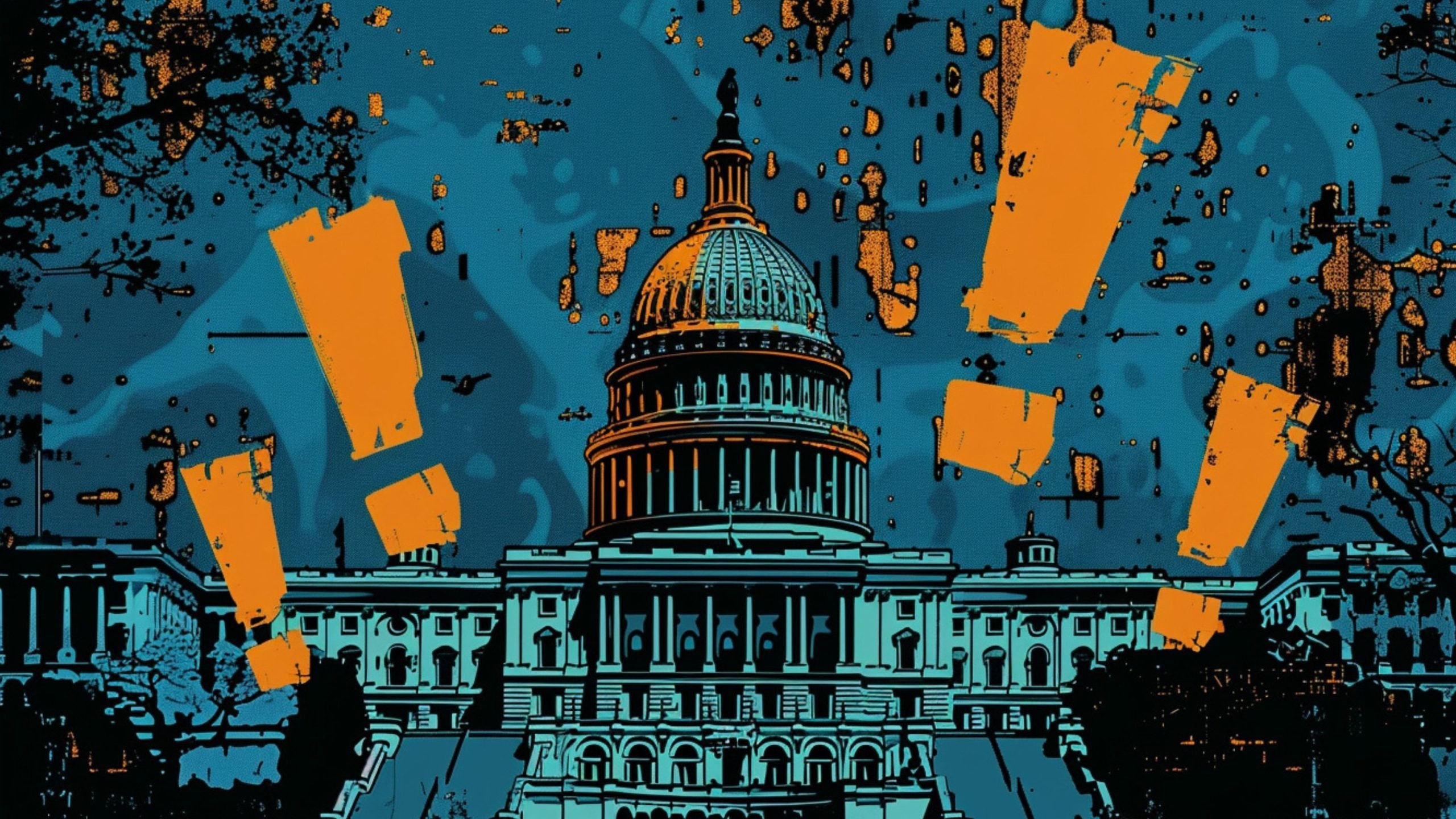A sweeping new internet regulation, the Take It Down Act, is now poised for final approval as it awaits President Donald Trump’s signature following an overwhelming 409-2 vote in the House.
This legislation obliges social media companies to swiftly remove any content flagged as nonconsensual sexual imagery, including AI-manipulated photos. President Trump has expressed full support, declaring he’ll sign the bill and jokingly remarked during a congressional address, “I’m going to use that bill for myself too if you don’t mind because nobody gets treated worse than I do online, nobody.”
Framed as a measure to tackle the alarming rise in digital image abuse, the bill represents one of the few bipartisan tech safety efforts to pass both chambers in recent years. However, its broad scope and enforcement mechanisms have sparked concern among those who view it as fertile ground for censorship masked as protection.
By mandating that flagged content be taken down within 48 hours of a demand being made, it essentially creates a legal requirement for rapid, largely unchecked removal of material, whether real or artificially generated.
Just like the DMCA, the law adds no obligation to actually check the takedown demand is not suppressing legitimate speech.
While stopping nonconsensual intimate imagery (NCII) is vital, the bill’s approach threatens to erode free expression and invite abuse.
The fact that enforcement of the law falls under the Federal Trade Commission, platforms closely aligned with those in power at the time could evade scrutiny, while others might be overwhelmed by false claims and unable to operate effectively.
The Electronic Frontier Foundation echoed these warnings, highlighting the law’s implications for encrypted services. These platforms, which cannot see the content of user communications, would be held to the same takedown obligations. According to the EFF, this could force services to choose between abandoning encryption or risking legal penalties. “Platforms may respond by abandoning encryption entirely in order to be able to monitor content—turning private conversations into surveilled spaces,” the organization warned, pointing out that such platforms often serve as critical lifelines for vulnerable individuals, including abuse survivors.
Despite such warnings, the bill found a broad base of supporters. First Lady Melania Trump has championed the legislation, and several tech companies and advocacy groups have lined up behind it. Google’s Kent Walker called it “a big step toward protecting individuals from nonconsensual explicit imagery,” and Snap also voiced support. X CEO Linda Yaccarino also supports the bill.
Still, not everyone agreed. Rep. Thomas Massie of Kentucky, one of only two lawmakers to oppose the bill, pointed to potential overreach and loss of liberties. “I feel this is a slippery slope, ripe for abuse, with unintended consequences,” he wrote on X, capturing the fears of those who see in the bill an expansive censorship framework rather than a narrowly tailored fix.










